Windows 10 And 11 Compatibility In 2025: An In-Depth Analysis
Windows 10 and 11 Compatibility in 2025: An in-Depth Analysis
Related Articles: Windows 10 and 11 Compatibility in 2025: An in-Depth Analysis
Introduction
With enthusiasm, let’s navigate through the intriguing topic related to Windows 10 and 11 Compatibility in 2025: An in-Depth Analysis. Let’s weave interesting information and offer fresh perspectives to the readers.
Table of Content
- 1 Related Articles: Windows 10 and 11 Compatibility in 2025: An in-Depth Analysis
- 2 Introduction
- 3 Windows 10 and 11 Compatibility in 2025: An in-Depth Analysis
- 3.1 Hardware Requirements
- 3.2 Software Compatibility
- 3.3 Security Updates
- 3.4 Importance of Compatibility
- 3.5 FAQs
- 3.6 Tips
- 3.7 Conclusion
- 4 Closure
Windows 10 and 11 Compatibility in 2025: An in-Depth Analysis

Windows 10 and 11 are two of the most widely used operating systems in the world. However, with the release of Windows 11 in 2021, many users are wondering if their current Windows 10 devices will be compatible with future updates and security patches. In this article, we will explore the compatibility of Windows 10 and 11 in 2025 and provide insights into the importance of maintaining compatibility.
Hardware Requirements
One of the key factors determining compatibility is the hardware requirements of Windows 10 and 11. Microsoft has released a list of minimum hardware requirements for both operating systems, which include:
- Processor: 1 gigahertz (GHz) or faster processor or SoC
- RAM: 1 gigabyte (GB) for 32-bit or 2 GB for 64-bit
- Storage: 16 GB for 32-bit OS or 20 GB for 64-bit OS
- Graphics card: DirectX 9 or later with WDDM 1.0 driver
- Display: 800×600
Most devices that meet these minimum requirements should be compatible with Windows 10 and 11 in 2025. However, some older devices may not meet the hardware requirements and may not be able to run the latest versions of Windows.
Software Compatibility
In addition to hardware requirements, software compatibility is another important factor to consider. Many users have expressed concerns about whether their existing software will be compatible with Windows 11. Microsoft has stated that most software that is compatible with Windows 10 will also be compatible with Windows 11. However, there may be some exceptions, particularly for older software or software that relies on specific hardware features.
Security Updates
Security updates are essential for protecting devices from malware and other threats. Microsoft has committed to providing security updates for Windows 10 until October 14, 2025. After this date, Windows 10 devices will no longer receive security updates and will become vulnerable to attacks.
Windows 11, on the other hand, is scheduled to receive security updates until October 14, 2028. This means that Windows 11 devices will be protected for three years longer than Windows 10 devices.
Importance of Compatibility
Maintaining compatibility is essential for several reasons:
- Security: Security updates are crucial for protecting devices from malware and other threats. Devices that are not compatible with the latest security updates may become vulnerable to attacks.
- Functionality: Software compatibility ensures that users can continue to use their existing software and applications on their devices.
- Productivity: Compatibility helps to maintain productivity by ensuring that users can continue to use their devices without experiencing interruptions or compatibility issues.
FAQs
Q: Will my Windows 10 device be compatible with Windows 11 in 2025?
A: Most devices that meet the minimum hardware requirements for Windows 10 should be compatible with Windows 11 in 2025. However, some older devices may not be compatible.
Q: Will my software be compatible with Windows 11?
A: Most software that is compatible with Windows 10 will also be compatible with Windows 11. However, there may be some exceptions, particularly for older software or software that relies on specific hardware features.
Q: How can I check if my device is compatible with Windows 11?
A: Microsoft provides a tool called the PC Health Check app that can be used to check if a device is compatible with Windows 11.
Tips
- Check the hardware requirements of your device to ensure that it meets the minimum requirements for Windows 10 and 11.
- Update your software regularly to ensure that it is compatible with the latest versions of Windows.
- Consider upgrading to Windows 11 if your device is compatible to benefit from the latest security updates and features.
Conclusion
Windows 10 and 11 are both compatible with most devices that meet the minimum hardware requirements. However, it is important to note that some older devices may not be compatible with Windows 11. Maintaining compatibility is essential for security, functionality, and productivity. Users should check the hardware requirements of their devices and update their software regularly to ensure that they are compatible with the latest versions of Windows.
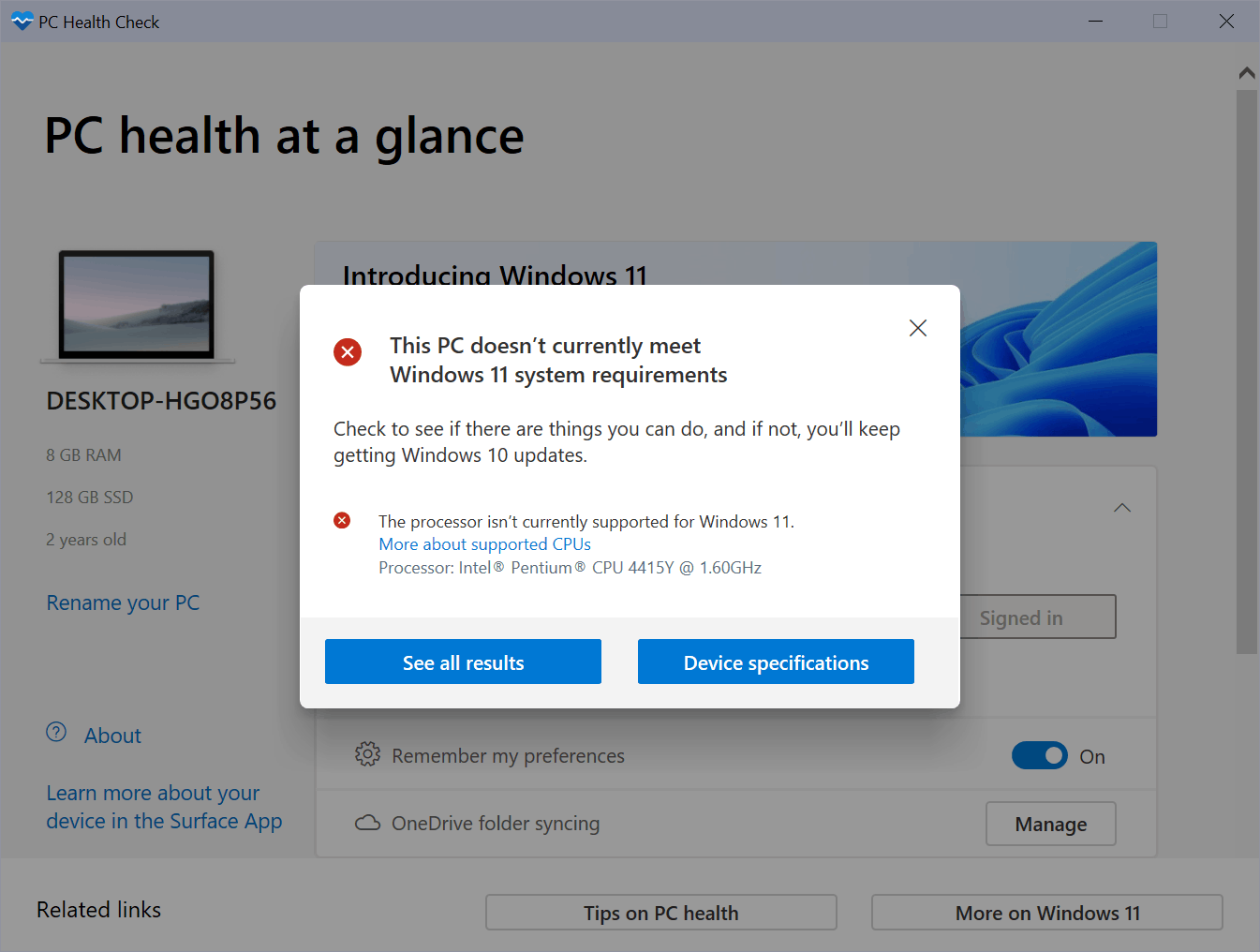
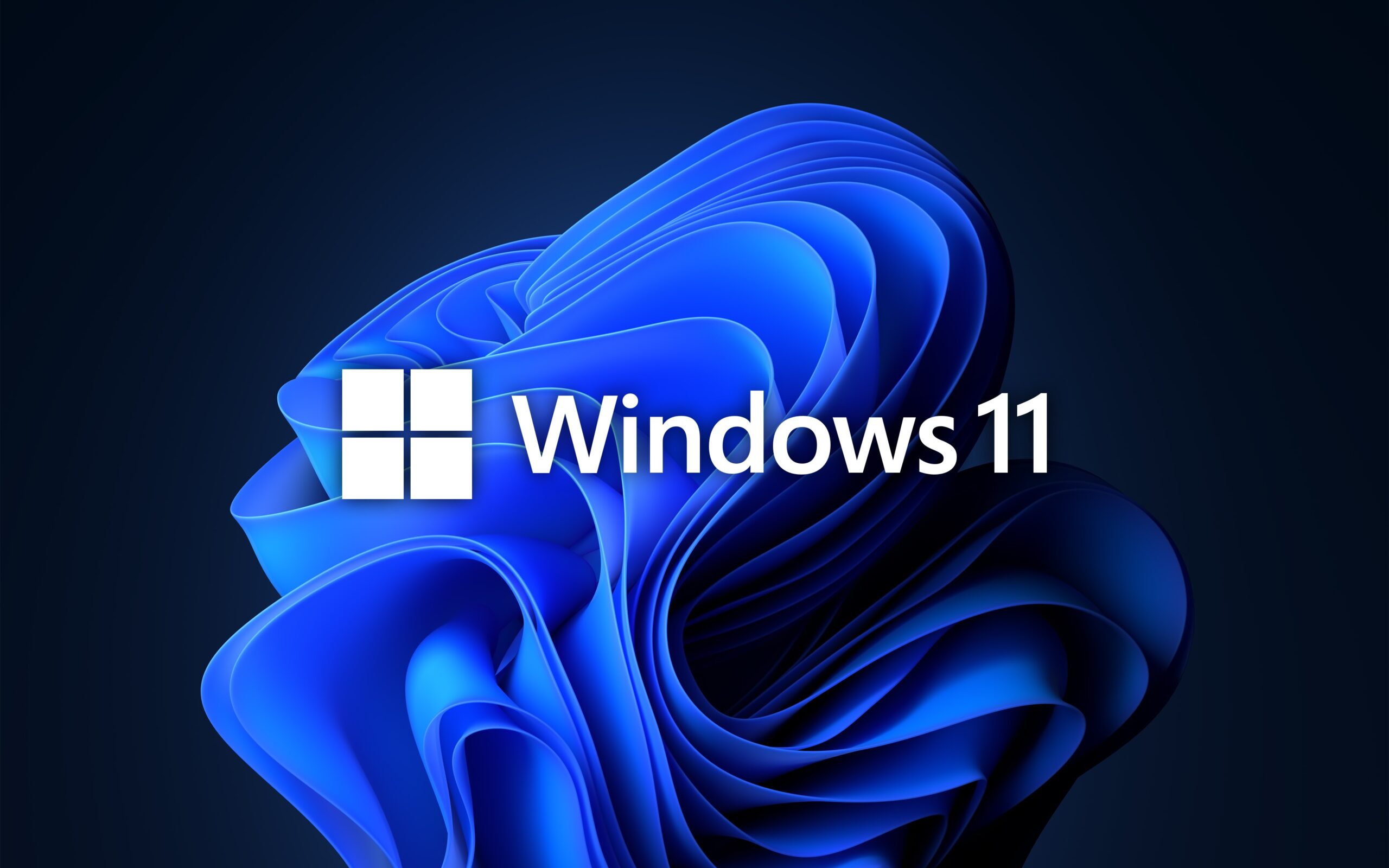
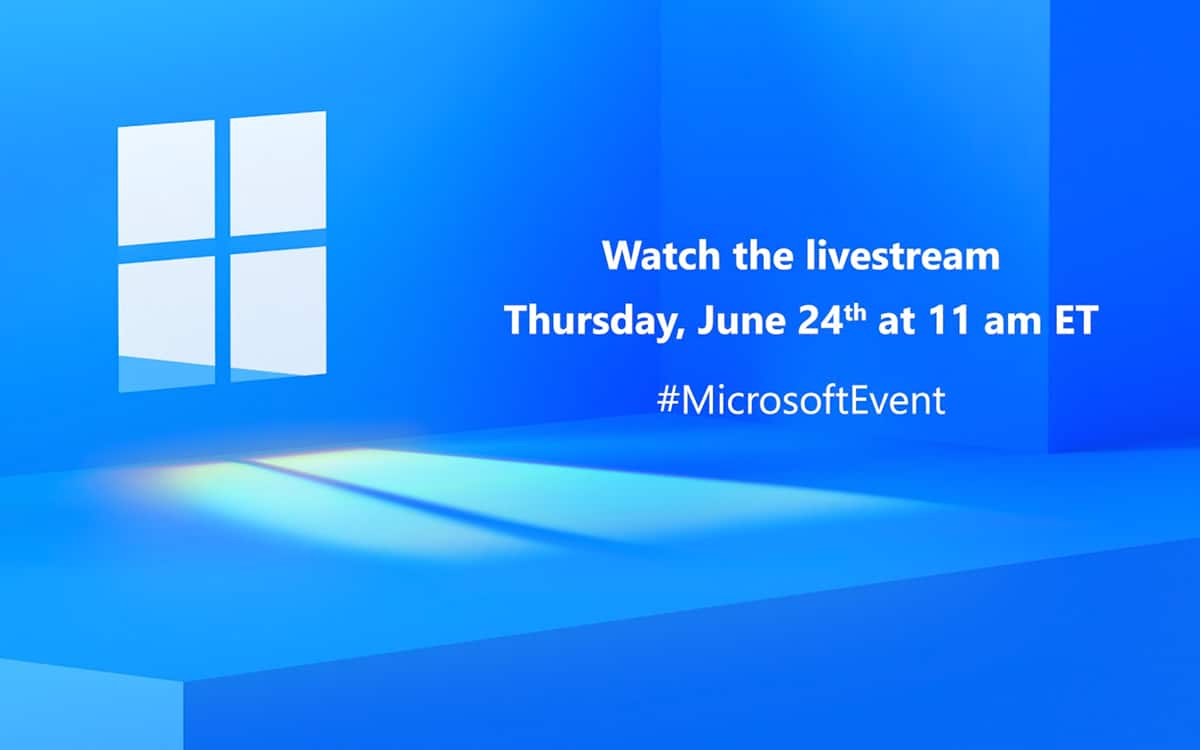

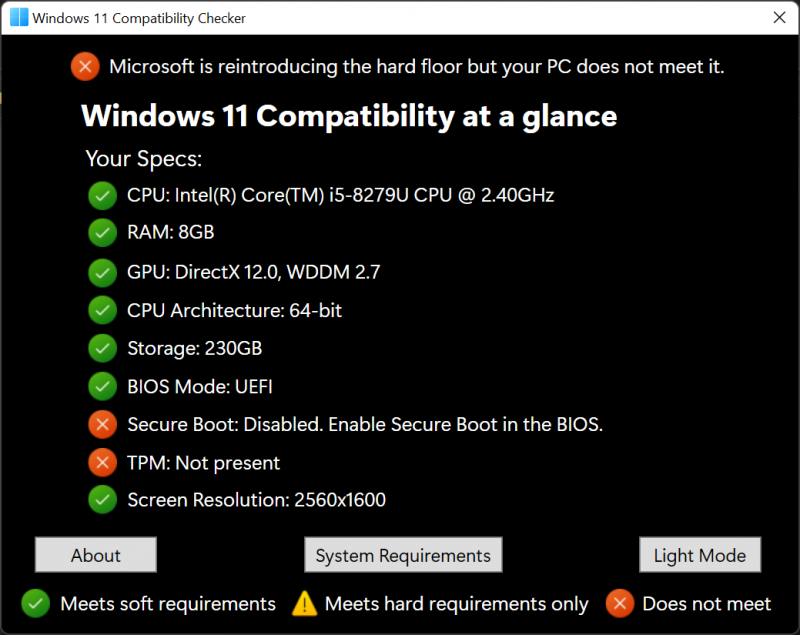
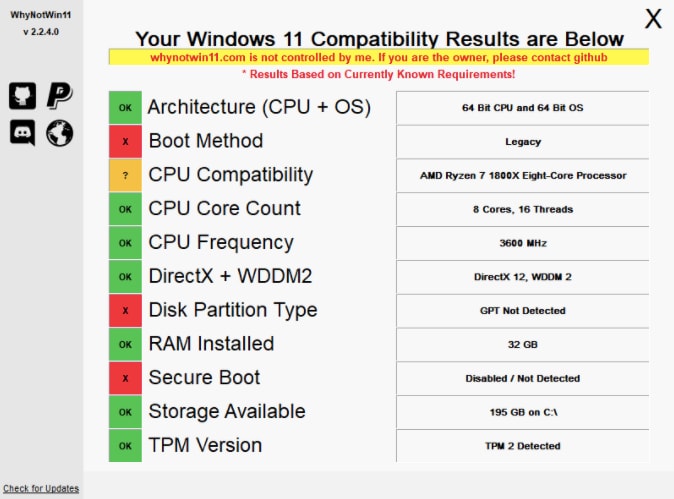
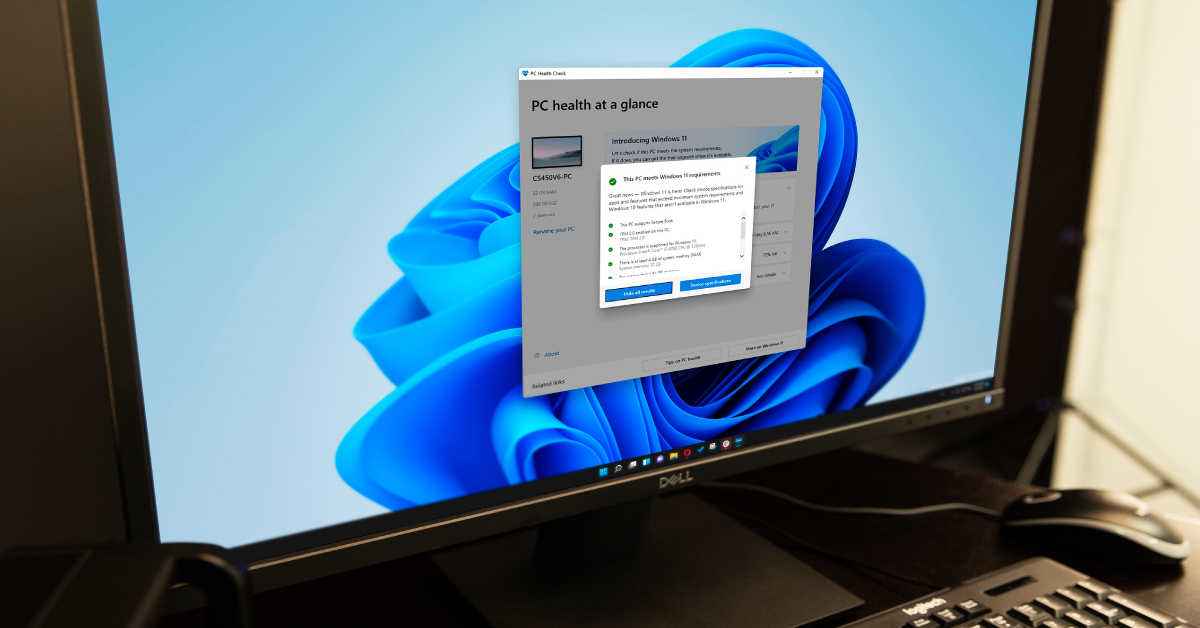
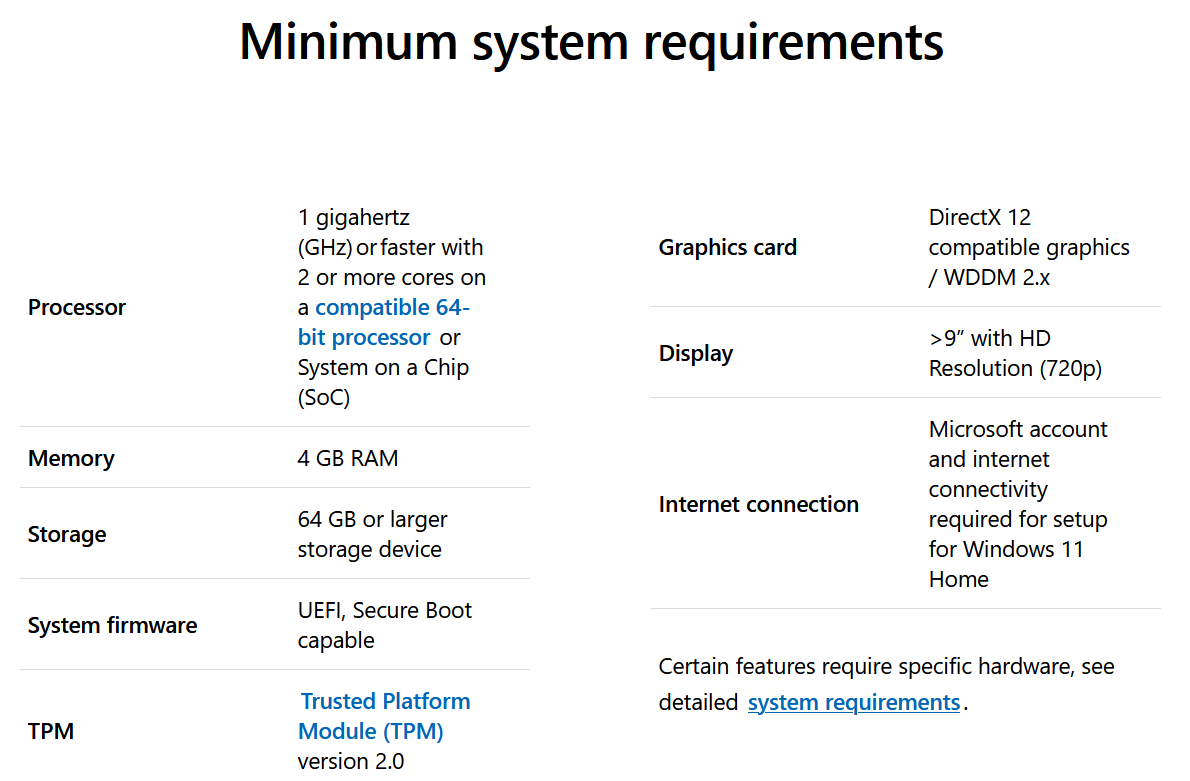
Closure
Thus, we hope this article has provided valuable insights into Windows 10 and 11 Compatibility in 2025: An in-Depth Analysis. We hope you find this article informative and beneficial. See you in our next article!